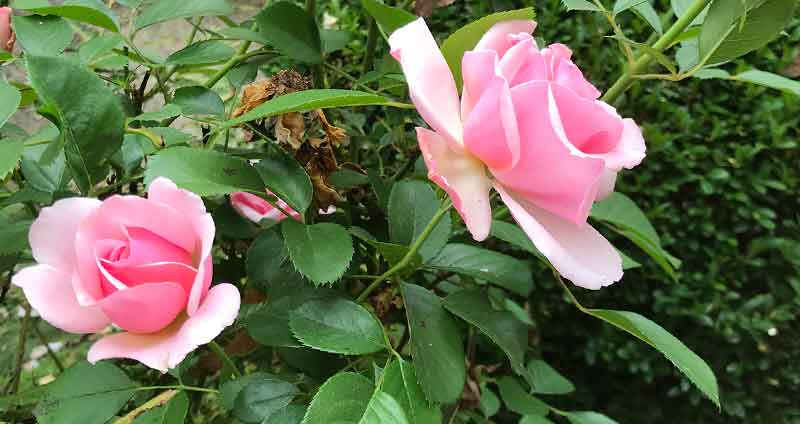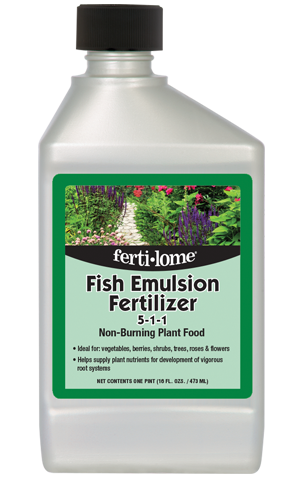The Best Rose Fertilizer For Bigger Bloomier Flowers
Roses are one of the most popular flowers in the world, and for good reason. They are beautiful, fragrant, and come in a wide variety of colors. But in order to keep your roses healthy and blooming, they need to be fertilized regularly.
The best rose fertilizer for bigger bloomier flowers is one that is high in phosphorus. Phosphorus is essential for flower production, and it also helps to strengthen the roots of your roses. A good fertilizer will also contain nitrogen and potassium, which are other important nutrients for roses.
There are many different types of rose fertilizers available, so it can be difficult to know which one to choose. Here are a few of the best rose fertilizers on the market:
- Espoma Rose-Tone: This fertilizer is a balanced blend of nitrogen, phosphorus, and potassium, and it also contains micronutrients that are essential for rose health.

- Miracle-Gro Water Soluble Rose Plant Food: This fertilizer is easy to use, and it dissolves quickly in water. It is a good choice for roses that are grown in containers or in areas with poor soil.

- Dr. Earth Organic Rose & Flower Fertilizer: This fertilizer is made with organic ingredients, and it is a good choice for gardeners who want to use a natural fertilizer.

No matter which fertilizer you choose, it is important to follow the directions on the label. Over-fertilizing your roses can actually damage them, so it is important to be careful.
In addition to fertilizing your roses, there are a few other things you can do to help them produce bigger, bloomier flowers. Make sure they are planted in a sunny location with well-drained soil. Water them regularly, especially during the hot summer months. And deadhead spent blooms to encourage new growth.
With a little care and attention, you can enjoy beautiful, fragrant roses all season long.
Roses are beautiful flowers that can brighten up any garden. But in order to thrive, they need the right nutrients. That's where fertilizer comes in.
There are many different types of fertilizer available, but not all of them are created equal. When choosing a fertilizer for your roses, it's important to consider the type of soil you have, the climate you live in, and the stage of growth your roses are in.
If you're not sure which fertilizer is right for your roses, I recommend visiting Garden Wiki. This website has a wealth of information about rose fertilizer, including the different types of fertilizer available, how to apply fertilizer, and how often to fertilize.
FAQ of rose fertilizer
- What is the best fertilizer for roses?
There is no one-size-fits-all answer to this question, as the best fertilizer for roses will vary depending on the type of roses you are growing, the soil conditions in your area, and your own personal preferences. However, some general guidelines for choosing a fertilizer for roses include:
* Look for a fertilizer that is high in nitrogen, phosphorus, and potassium. These are the three most important nutrients for roses.
* Choose a fertilizer that is labeled for use on roses. This will ensure that the fertilizer contains the right balance of nutrients and is safe to use on roses.
* Consider using a slow-release fertilizer. This type of fertilizer will release nutrients over a longer period of time, which can help to prevent over-fertilization.
- When should I fertilize my roses?
Roses should be fertilized throughout the growing season, from spring to fall. The frequency of fertilizing will depend on the type of fertilizer you are using. For example, if you are using a slow-release fertilizer, you may only need to fertilize your roses once a month. However, if you are using a liquid fertilizer, you may need to fertilize your roses more often.
- How much fertilizer should I use on my roses?
The amount of fertilizer you use will depend on the size of your roses and the type of fertilizer you are using. However, as a general rule, you should use no more than 1 pound of fertilizer per 100 square feet of planting area.
- Can I over-fertilize my roses?
Yes, it is possible to over-fertilize roses. This can lead to a number of problems, including leaf burn, stunted growth, and decreased flowering. If you think you may have over-fertilized your roses, it is best to flush the soil with water.
- What are some natural fertilizers for roses?
There are a number of natural fertilizers that can be used on roses. Some popular options include:
* Compost: Compost is a great way to provide your roses with nutrients. You can make your own compost or purchase it from a garden center.
* Epsom salts: Epsom salts contain magnesium and sulfur, two nutrients that are important for rose health. You can add Epsom salts to the soil around your roses or mix them with water and spray them on the leaves.
* Fish emulsion: Fish emulsion is a liquid fertilizer that is high in nitrogen. It is a good option for roses that need a boost of nutrients.
Image of rose fertilizer
10 different images of rose fertilizer that are free to use:
- Rose fertilizer granules. This type of fertilizer is easy to apply and can be spread evenly around the base of the rose bush.

- Rose fertilizer spikes. These spikes are inserted into the soil around the rose bush and slowly release nutrients over time.

- Rose fertilizer liquid. This type of fertilizer is easy to apply and can be absorbed quickly by the roots of the rose bush.

- Rose fertilizer tea. This type of fertilizer is made by steeping organic materials, such as alfalfa meal or fish emulsion, in water.

- Rose fertilizer compost. This type of fertilizer is made by composting organic materials, such as leaves, grass clippings, and vegetable scraps.

- Rose fertilizer manure. This type of fertilizer is made from the manure of animals, such as cows, chickens, or horses.

- Rose fertilizer bone meal. This type of fertilizer is made from the ground bones of animals.

- Rose fertilizer blood meal. This type of fertilizer is made from the dried blood of animals.
- Rose fertilizer worm castings. This type of fertilizer is made from the castings of earthworms.
- Rose fertilizer fish emulsion. This type of fertilizer is made from the liquid that is extracted from fish.

Post a Comment for "The Best Rose Fertilizer For Bigger Bloomier Flowers"